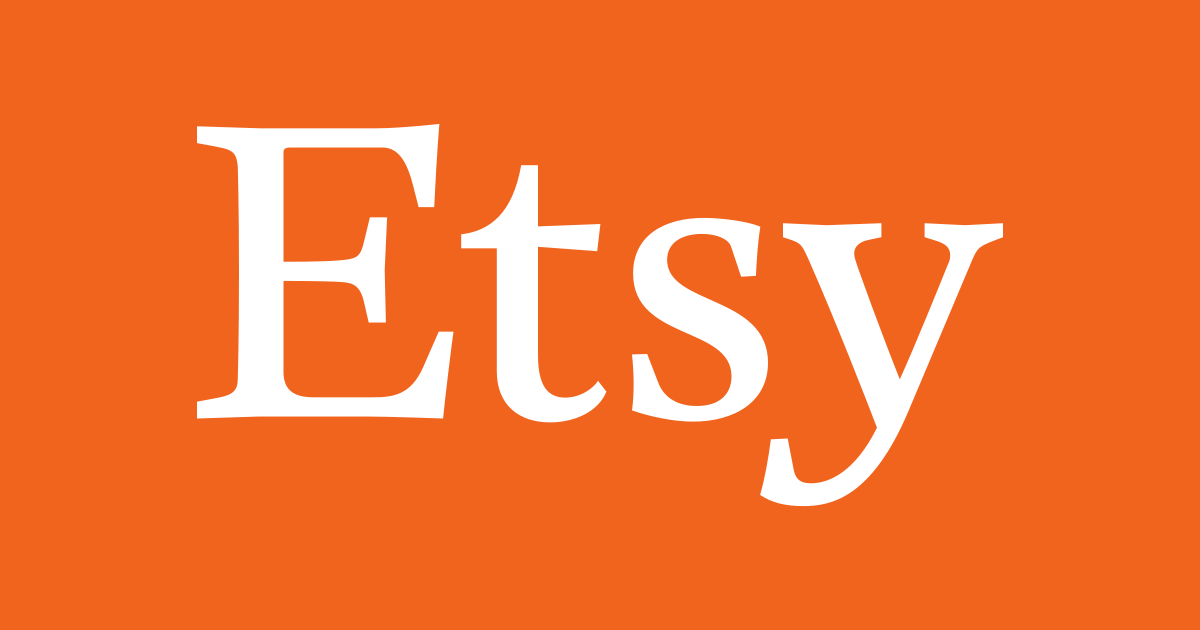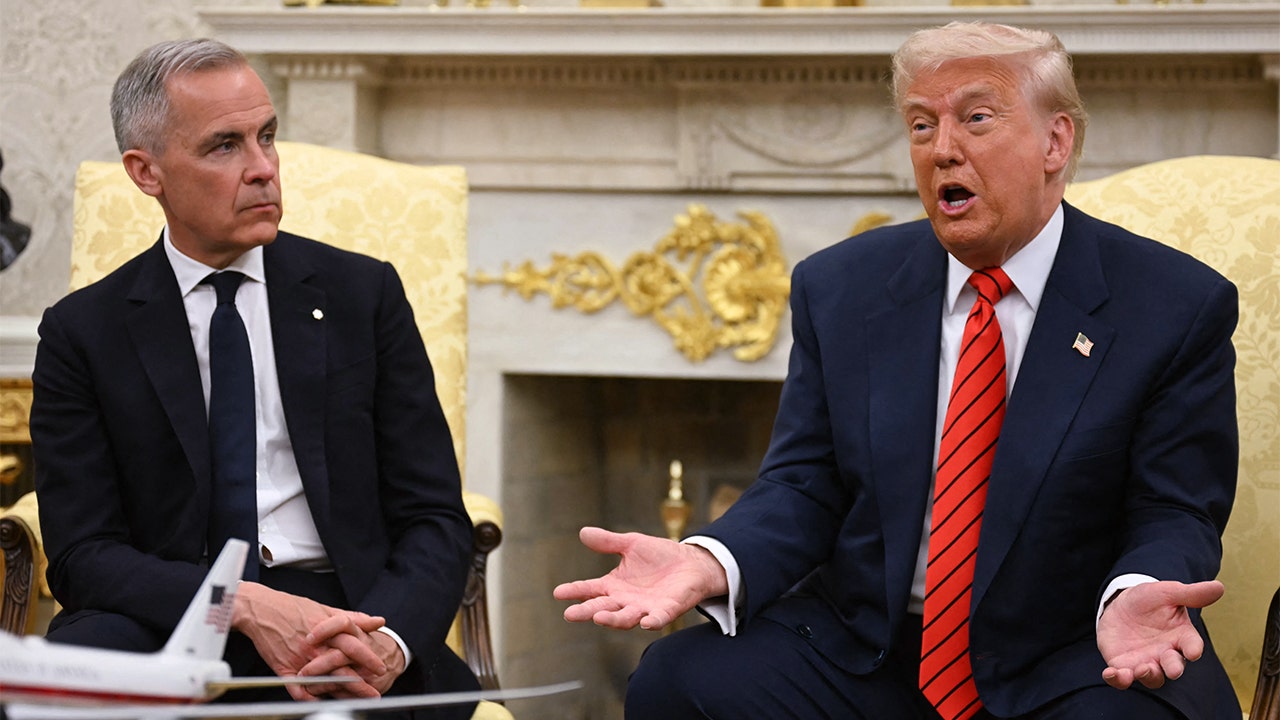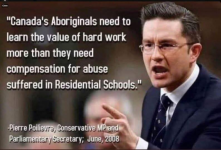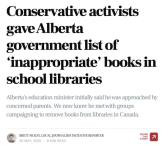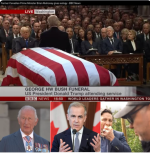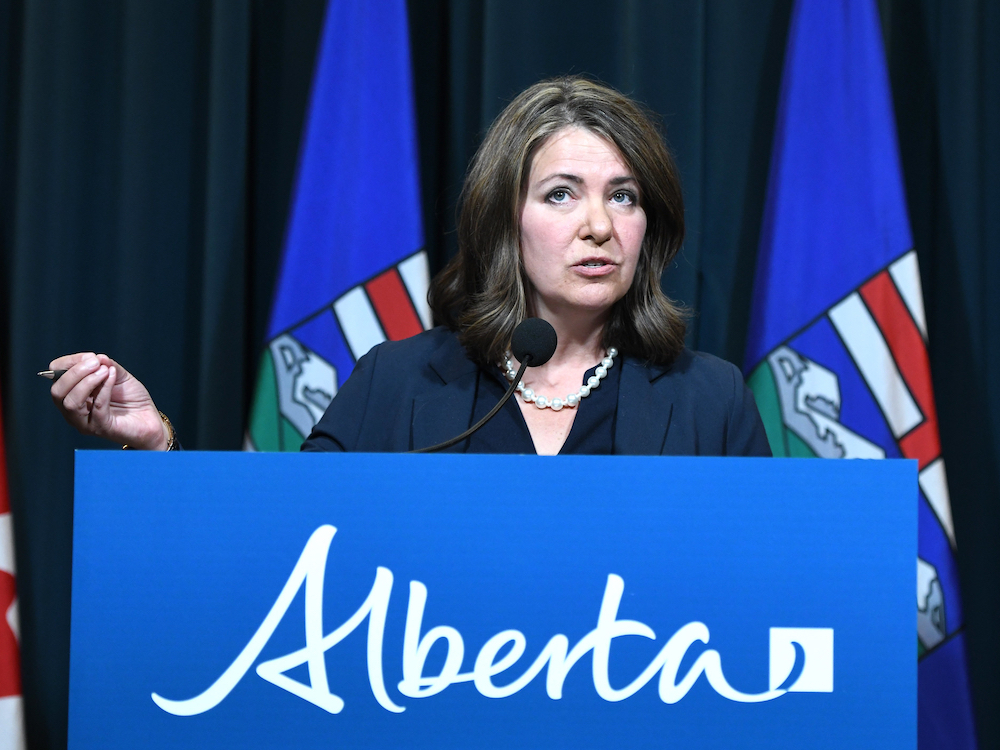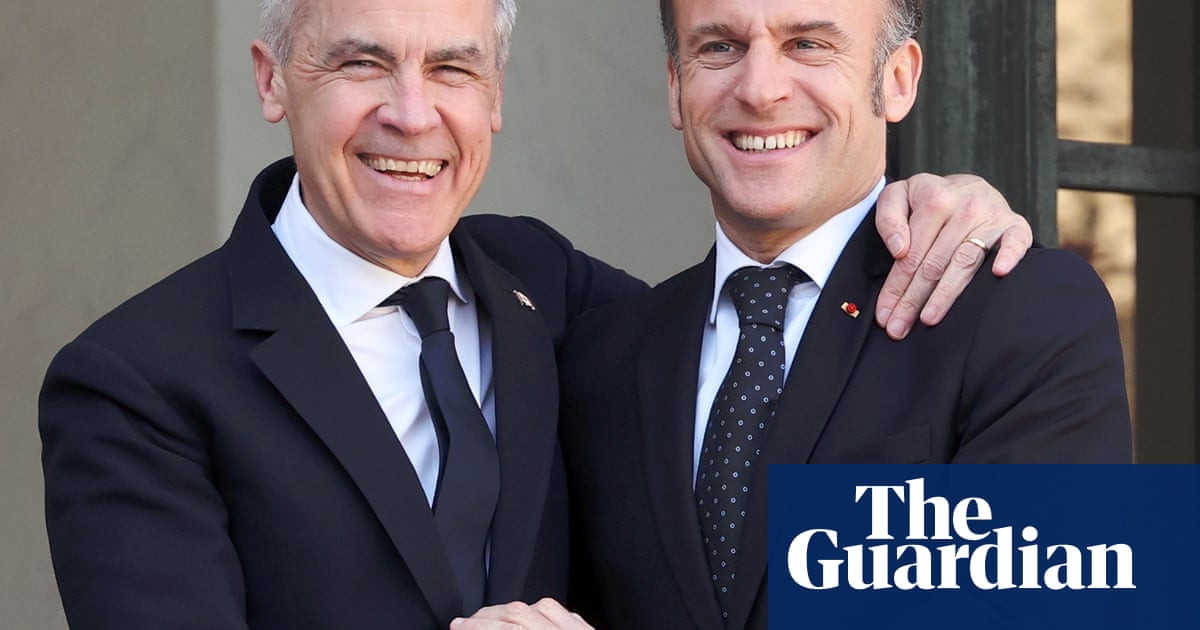stSdronopei54ggha8u73c8m0gp l01l2806A6l8r94tg0i9h817tcg91a0u ·
I don’t usually talk politics on Facebook.
But I’ve been quiet too long, and this election, I’ve reached my line. I’m not posting this to change your vote — but I need to be honest about what’s solidified mine.
I now know for sure: I won’t vote for the Conservative Party of Canada.
Not because of carbon taxes.
Not because of slogans.
But because of how Pierre Poilievre talks about using the Notwithstanding Clause.
That’s Section 33 of the Charter of Rights and Freedoms.
If that sounds boring or irrelevant, I need you to hear this clearly:
You don’t need to be vulnerable now to be vulnerable next.
I’m not a lawyer. I play drums, take pictures, and work in the trades.
But I also believe that our rights aren’t just for academics or judges to defend.
They’re for all of us.
To understand. To protect. To speak up for.
Because when they’re gone, they’re gone.
Let’s talk about the Notwithstanding Clause.
It wasn’t created to help politicians win points with populist outrage. It was a reluctant compromise. Pierre Trudeau didn’t want it. He called it a “dead letter.”
But some premiers insisted on it — especially Quebec — fearing federal judges could overrule their laws. So Section 33 became the compromise. An escape hatch. A last resort.
It only worked because of trust:
Trust that it would be used rarely.
Trust that no federal government would invoke it lightly.
Trust that the courts were still the ultimate guardians of our rights.
That trust has already been tested.
Doug Ford used the clause to suppress labour rights before courts could weigh in.
Scott Moe used it to override the rights of trans kids.
And now Pierre Poilievre is promising to make it routine.
He’s floated using it to override parole rulings.
He’s hinted at bypassing Charter protections in the name of public safety.
He frames it as “democracy.”
But democracy with no guardrails isn’t democracy. It’s populist rule.
The Charter protects all of us — even the worst among us — from cruel and unusual punishment (Section 12).
It guarantees life, liberty, and security of the person (Section 7).
These aren’t abstract ideals. They’re foundational.
When the Supreme Court struck down consecutive life sentences in R. v. Bissonnette, they weren’t being soft.
They were defending human dignity.
Because justice isn’t supposed to be about revenge.
Because even in the darkest moments, we uphold the rule of law.
Poilievre calls it a “discount for killers.”
But parole after 25 years isn’t automatic.
The Parole Board decides who walks free — and when.
He’s spinning theatre. And in the process, he’s undermining public trust in the judiciary.
He wants Canadians to believe that courts are the problem. That rights are obstacles. That he alone can fix it.
He says he’ll only use the clause for criminal justice.
But that’s not a boundary. That’s a foot in the door.
Once a federal government breaks the taboo, it sets the precedent.
And we won’t know what gets overridden next.
Section 33 was meant to be a safety valve.
Not a first response to court rulings you don’t like.
Even Pierre Trudeau — a man known for strong views — only accepted it under massive pressure.
It was a compromise. Not a weapon.
No federal government has ever used it.
Because they’ve respected the Charter, the courts, and the principle of limited government.
Poilievre isn’t just willing to break that tradition.
He’s bragging about it.
This isn’t left vs right.
It’s rights vs power.
I don’t need to agree with every Supreme Court ruling to understand what’s at stake.
If you let a government override someone else’s rights today, it might be your rights tomorrow.
You don’t need to be vulnerable now to be vulnerable next.
That line echoes in my head.
That’s why this matters more than platform promises, or slogans, or talking points.
That’s why I’m not voting CPC.
I’m just a musician and trades worker — not a constitutional scholar.
So I lean on the wisdom of people like Dr. Jared Wesley, Duane Bratt, David Khan, and Max Fawcett — folks who study this stuff.
And they’re sounding the alarm.
This isn’t theoretical.
We’ve seen premiers use it against parents. Against teachers. Against kids.
Now the federal Leader of the Opposition wants in on it.
The Charter isn’t just ink on paper.
It’s the line in the sand.
It says: this far, no further.
We don’t elect prime ministers to punish.
We elect them to govern.
To protect.
To respect the guardrails that define a free and democratic society.
If you campaign on overriding rights — you’ve told me everything I need to know.
So yeah — I’ll sip from a paper straw.
I’ll pay a couple cents more on gas.
I’ll deal with potholes and housing plans and all the messy imperfection of democracy.
Because I’m not trading the Charter of Rights and Freedoms for podium rage.
This isn’t about being “woke.”
It’s about being awake.
To law.
To precedent.
To the quiet, dangerous ways authoritarianism slips in — not with a bang, but with a shrug.
If you’ve read this far, thank you.
I welcome good debate. I welcome disagreement.
But if you use slurs — especially anything ending in “-tard” — you’ll be blocked.
No warning. No exception.
Even if we’re related.
Let’s raise the level. Let’s protect what matters.

